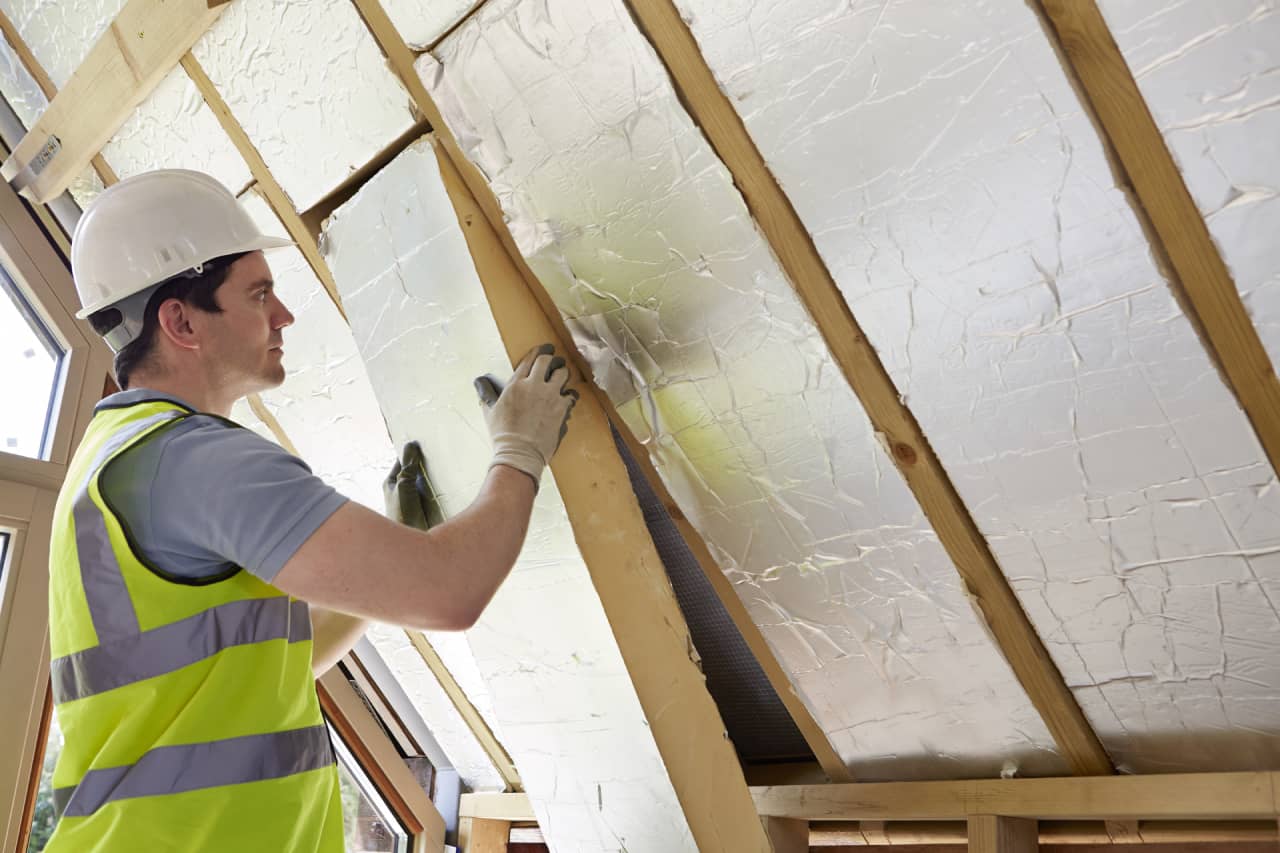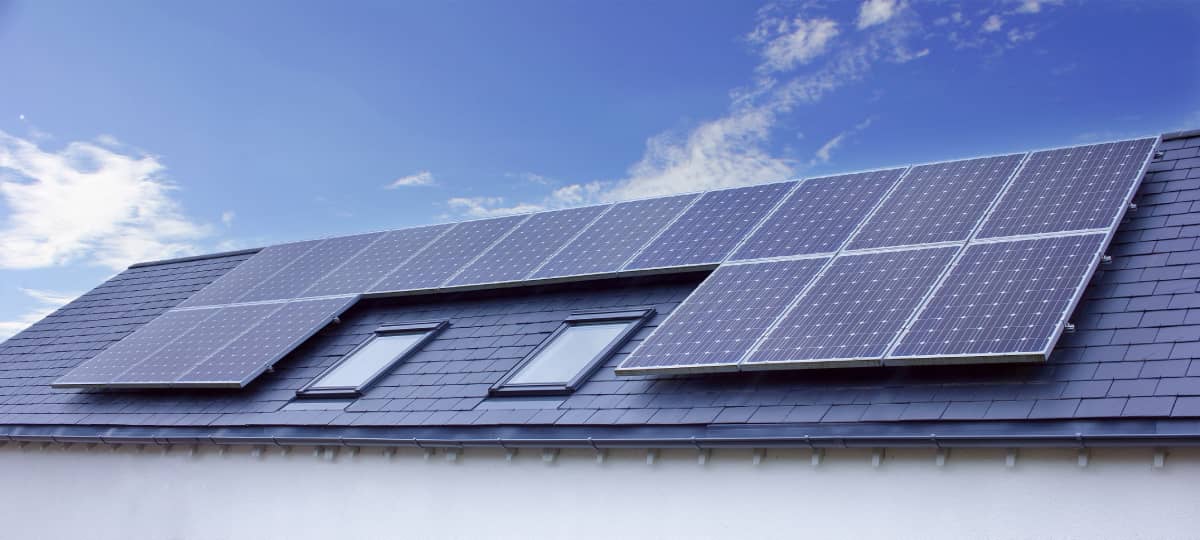The benefits of an energy-efficient home are many. You can enjoy optimum comfort while using less energy and paying less for utilities like gas, electricity, and water. Additionally, an energy-efficient house is a good investment because it gives it a higher value than most houses without energy enhancements. Lastly, having an energy-efficient home allows you to contribute to helping the environment.

If you’re looking for easy upgrades to have an energy-efficient home, here are some of the things you can do:
1. Add An Extra Layer Of Insulation
The most apparent advantage of a properly insulated home is its lower cooling and heating costs. According to earthwool.com.au, the more insulation you add to your home, the lower your utility bills will be. That’s why it’s best to check if you can still add an extra layer of insulation to your walls and roof.
There are many types of insulation you can use for your home:
- Spray Foam – this insulation is sprayed into the space between the walls. These chemicals are flame retardant and are mixed in the right proportion to form a dense, rigid, and lightweight insulating material. Professional installers will need to use electronic equipment to ensure the temperature is right and the materials are mixed in the proper ratio during the process.
- Fiberglass – this is one of the most commonly used insulation materials for homes. It’s relatively inexpensive and easy to install. Fiberglass insulation is non-flammable and resistant to moisture damage.
- Cellulose – this type of insulation does not only help keep the right temperature for your home in every season, but it can also prevent greenhouse gas emissions. When appropriately installed, cellulose insulation can improve the energy efficiency of your house. It needs more time to dry and is more labor-intensive than fiberglass.
Home insulation will make your home feel warmer during the winter season and cooler during the summer. This is because your Heating, Ventilation, and Air Conditioning (HVAC) system will run efficiently because the temperature inside the house is more controlled and contained.
2. Upgrade To Energy-Efficient Appliances
Using energy-efficient appliances can save you money, which in effect, lowers your monthly utility expenses. They also require less maintenance which equate to fewer replacements and higher savings. Ultimately, they can increase your quality of living and can save the environment.
To ensure that your appliances are energy-efficient, you should check if they are Energy-star certified—this means that their energy efficiency factor is high. This factor is used to determine the amount of energy required for an appliance to function. Appliances with high energy efficiency uses less electricity.
This factor is calculated by dividing its power capacity by its power consumption. For example, a cooling capacity of an air-conditioning unit is 12,000kJ per hour, while it consumes 930 watts of power. By dividing the two values, you’ll get a 12.9 energy-efficient factor.
3. Change To Energy-Efficient Lightings
A lot of energy is wasted due to inefficient lighting in the home. LED bulbs are the most effective option for home and office lighting. These lamps are more stable, last longer, and don’t degrade. They are also less expensive. LED bulbs can be used for up to 50,000 hours which is equivalent to around six years of usage. They also last up to 25 times longer than traditional lights.
Dimmers lower the light levels, and timers switch off the lights when they aren’t in use. You can also automate your lighting system through smart devices. For example, there are smart devices that have motion sensors. This means that it will only turn on the lights when it detects motion inside the room and will automatically shut off after a period of 30 seconds or longer.
4. Install Smart Thermostats
Smart thermostats are energy-saving gadgets and smart devices that control the temperature of your home. These devices can be used with home automation to manage your HVAC system. Most of these devices are Wi-Fi enabled and can be controlled from anywhere.
Aside from that, smart thermostats can also decrease the power consumption of your HVAC system once the room reaches certain temperatures to ensure that it isn’t using too much power or electricity.
Smart thermostats offer a variety of features, from learning the user’s habits and weather data to saving energy when the home is unoccupied. They can be programmed to adjust the temperature automatically when you leave or arrive home.
5. Upgrade To Energy-Efficient Windows
Energy-efficient windows are typically made with low-E coatings, quality frames, and multiple panes. Energy-efficient windows also come in a different range of frame materials and styles. The efficacy of these windows can be measured through the amount of sunlight it screens to keep it from passing through the glass.
If you have energy-efficient windows, you can better control the temperature inside your home. This means that your HVAC system won’t need to work twice as much to reach your desired room temperature. When this happens, your HVAC systems won’t utilize too much power thereby reducing your utility bills significantly.
6. Install Solar Panels

If you want your home to be energy efficient—just like many households today—you need to use renewable sources of power. While it can be expensive, these panels are highly efficient and can save you money in the long run.
Before you decide to install solar panels in your home, you should know how to choose them. There are different types of solar panels that fit according to your energy needs. These vary according to size and the aesthetic you desire to achieve for your home. These are essential aspects you need to consider to get the most appropriate panels that can energize your house.
Final Thoughts
There are many benefits to having an energy-efficient home. Aside from lowering your utility bills, it also allows you to help the environment because you’re using lesser electricity that comes from burning fossil fuels. If you want to upgrade your home, these are some of the energy-efficient upgrades you can do.




